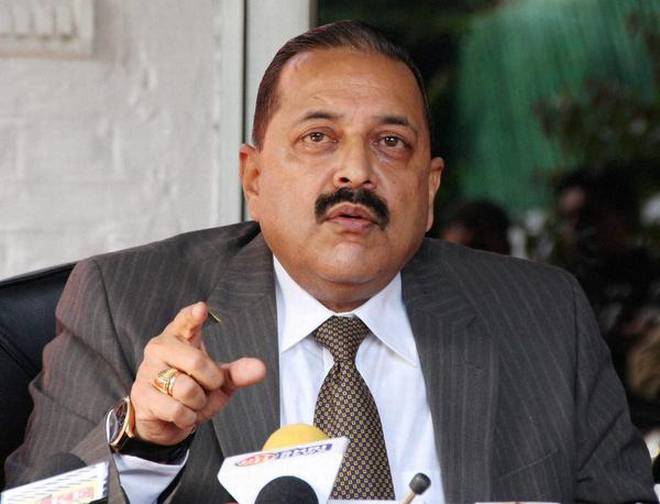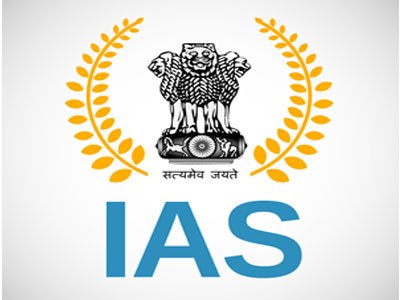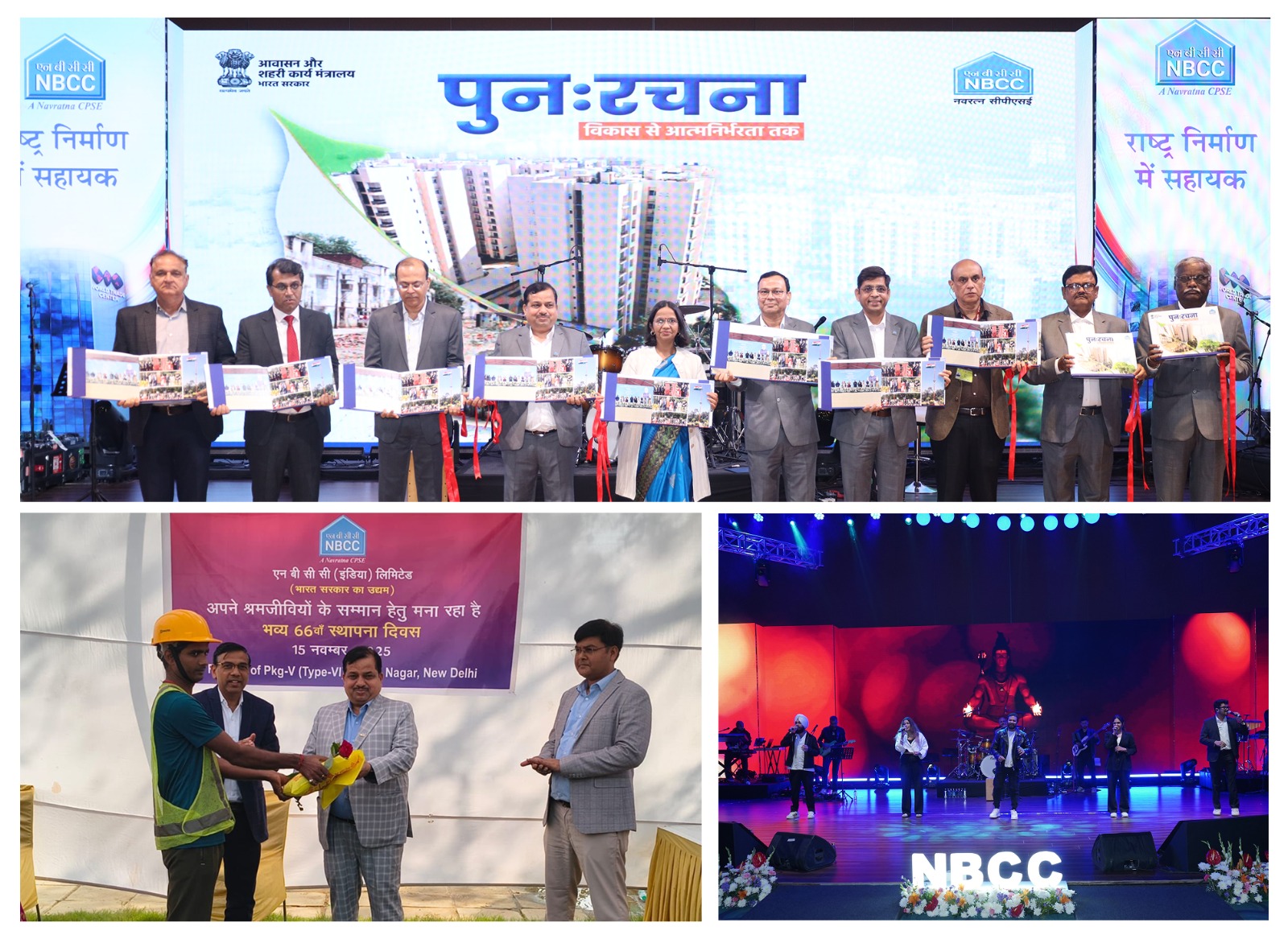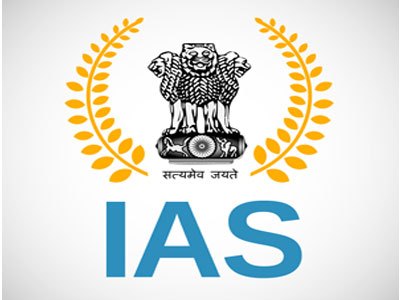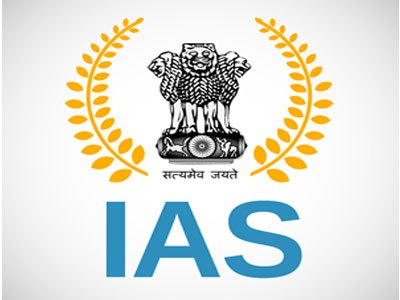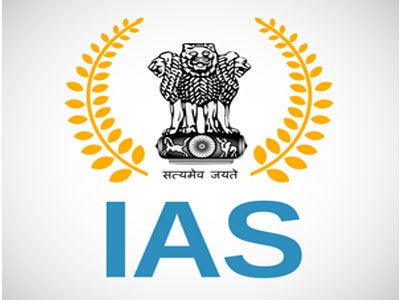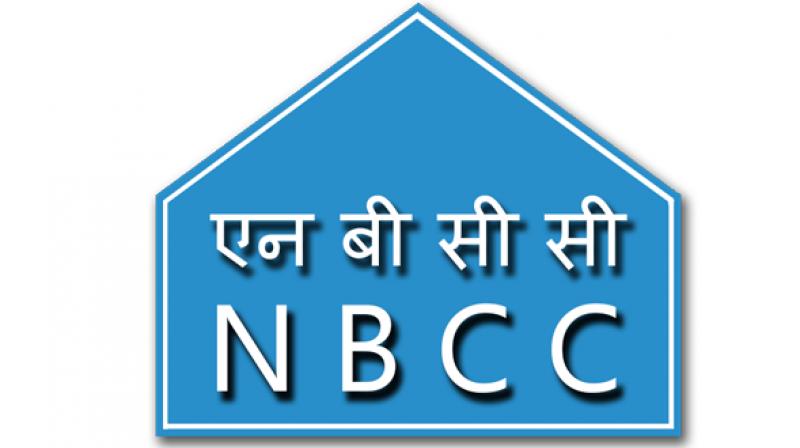Dr. Jitendra Singh today said India’s future growth will increasingly depend on building a “StartUp linked economy” anchored in strong industry partnerships. He was speaking at the launch of Campus Tank organised by Chandigarh University here, which he described as the first-of-its-kind initiative in the region aimed at connecting young entrepreneurs with industry and investors.
The Minister said, the government has created an enabling ecosystem for innovation and entrepreneurship, but sustaining StartUps requires early and substantial engagement with industry. “This was mainly for industry linkage. The launch of Chandigarh University Campus Tank will give a push to StartUp linked economy through industry linkage. We have prioritised the industry. This is StartUp funding,” he noted.
Underscoring the need to move beyond symbolic support, the Minister added: “We need to keep industry ahead to sustain. So, we pushed for industry-linked StartUp and a StartUplinked economy. Start-up linked economy is also a good expression.” He stressed that while ideas and research emerge from campuses, their long-term success depends on structured partnerships with industry that bring in financial backing, market exposure, and scale.
The Minister explained that India’s StartUp story so far has been driven by energy and innovation, but the next phase must focus on building sustainable ventures that can endure in competitive markets. He cited examples from sectors such as biotechnology, agriculture, and space, where government support and industry collaboration have already delivered measurable results. Industry participation, he said, not only strengthens start-ups but also ensures that investments are productive and generate livelihoods.
Dr. Jitendra Singh also drew attention to the regional context, observing that North India has been slower to take off in the start-up movement compared to other parts of the country. Initiatives such as Campus Tank, he said, will help bridge that gap by positioning universities as launchpads for entrepreneurship. “The priority now is to move from ideas and prototypes to real-world enterprises, and that will only happen if industry is kept at the centre,” he said.
He emphasised that India’s start-up ecosystem is no longer limited to metros or technology hubs, with smaller towns and diverse sectors increasingly contributing to new ventures. This, he added, is a sign of an aspirational India ready to harness innovation for growth.
Dr. Jitendra Singh also pointed out India’s rising global standing in innovation, noting that the country has moved up from rank 81 to 39 in the Global Innovation Index in less than a decade. He highlighted that nearly 60 percent of India’s registered start-ups are women-led, reflecting a shift where women are not just participants but leaders of major projects. Citing examples, he said women scientists are steering national missions such as Aditya L1 and Chandrayaan-3, underscoring the inclusive character of India’s scientific and start-up ecosystem. The Minister further underlined that India’s progress is also visible in patent filings, where the majority of recent patents are being filed by resident Indian innovators, reversing earlier trends.
The Campus Tank has sought to create a platform where industry, investors, and young founders can collaborate to transform ideas into sustainable businesses. Dr. Jitendra Singh said such efforts would contribute directly to building a start-up linked economy — one in which innovation, enterprise, and industry move in step to drive India’s progress towards the vision of a developed nation by 2047.
